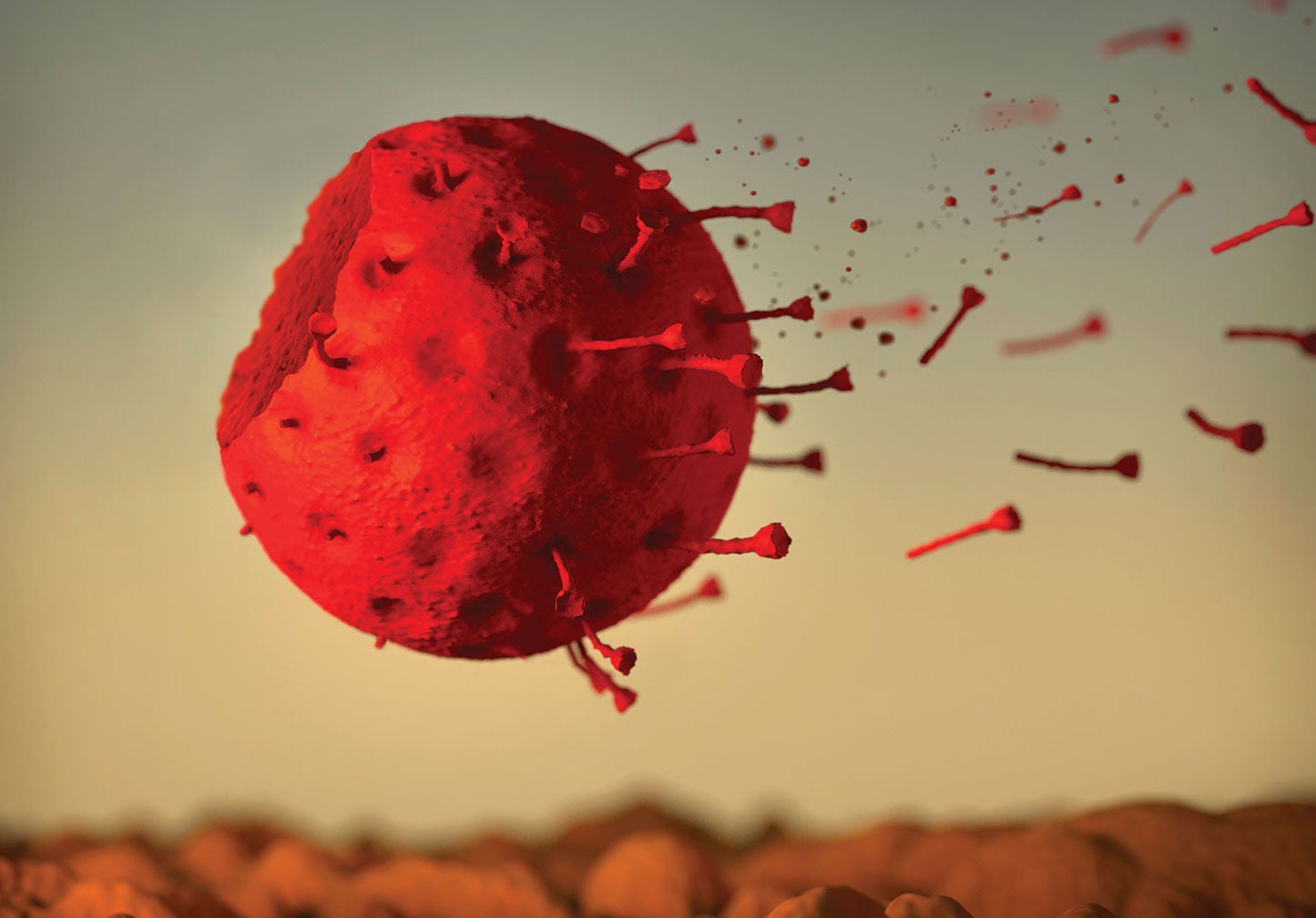
The Beginning of the End Of COVID-19 Has Started
On Wednesday, Britain became the first country to grant emergency approval for a coronavirus vaccine. Mass immunization will begin there almost immediately, government officials said, with the initial 800,000 doses of the Pfizer and BioNTech vaccine to be distributed next week.
The announcement came roughly a year after the first cases of covid-19 were documented in Hubei, China. Since then, the virus has taken a devastating global toll: At least 64 million people have fallen sick, and more than 1.4 million have died. Economies large and small were devastated by lockdowns and border closures.
That a vaccine could be developed, tested and approved in such a time frame is an undeniable feat. During an interview Wednesday morning, Ugur Sahin, chief executive of BioNTech, beamed with pride. “We believe that it is really the start of the end of the pandemic, if we can ensure a bold rollout of our vaccine,” he told CNN. More countries need to approve the vaccine, he said, but “it’s a good start.”
The British government has secured deals with various manufacturers, amounting to more than five doses per person. It has pre-ordered 40 million doses of the Pfizer vaccine and it was faster than both the United States and Germany, homes to the companies that created it, in approving it.
On Wednesday, Russian President Vladimir Putin ordered his country to begin vaccinations next week too, even though Russia’s domestically produced vaccine has faced less rigorous testing. The U.S. Food and Drug Administration and the European Union’s European Medicines Agency now face calls to speed up their timeline. Other countries may also be feeling pressure.
The European Union and five nations have already preordered roughly half of the expected supply of vaccines for 2021, Nature reported this week. Though some middle-income nations have gotten deals — India, which manufactures many vaccines, has secured 2 billion doses — the most successful have been wealthy nations like Canada, which has roughly eight vaccine doses per person. Nations like Canada, which has roughly eight vaccine doses per person.
One concern is that even if vaccination programs effectively end the pandemic in some wealthier nations, the virus itself could linger, widespread, in poorer countries — not only posing a risk to the millions living in those nations, but also allowing the possibility of continued spread elsewhere.
As the vaccine race heats up, poor countries could be left behind.

